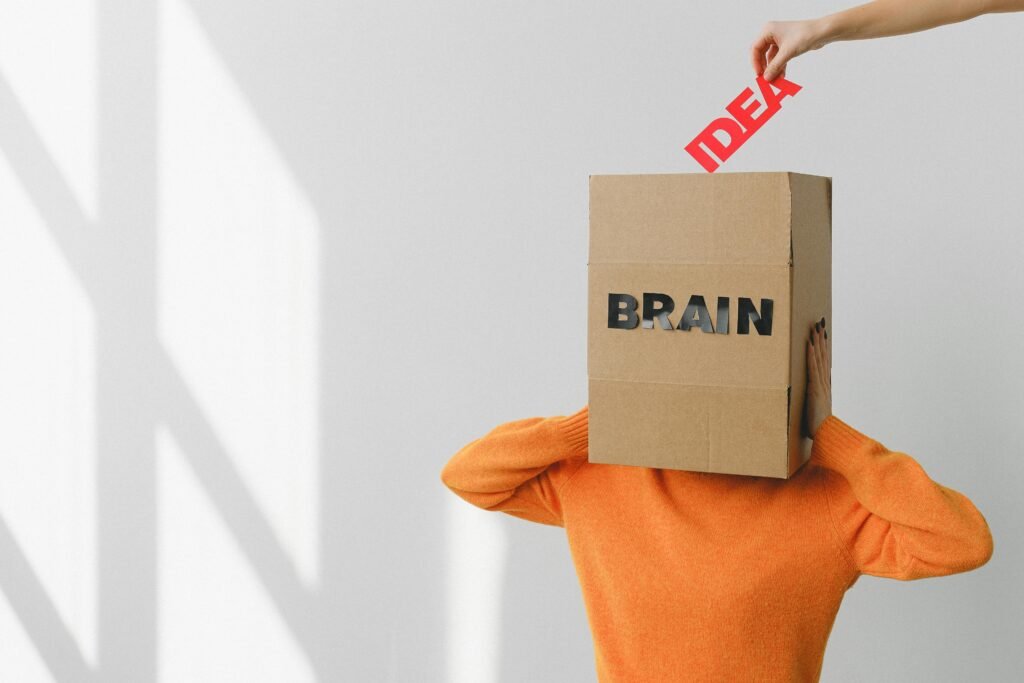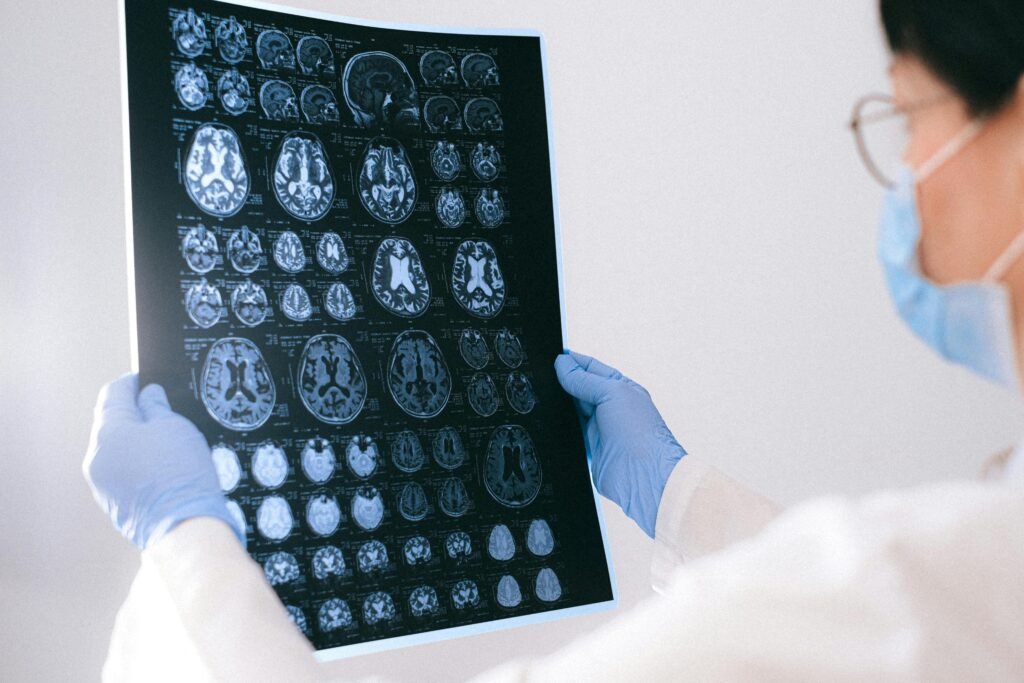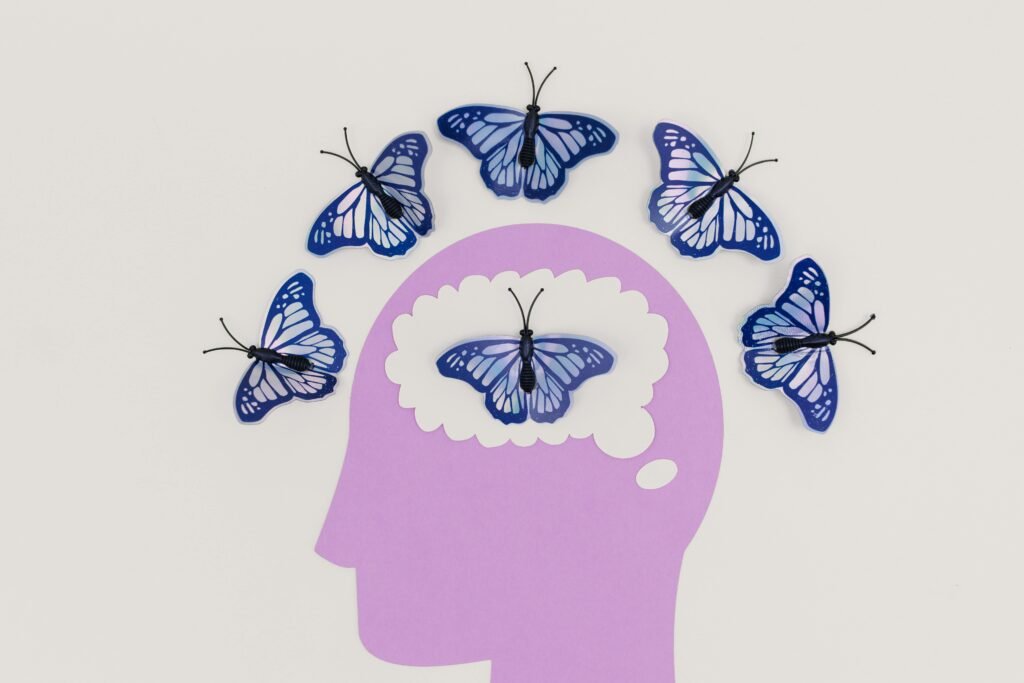Mark Zuckerberg wears gray t-shirts. Barack Obama only wore blue or black suits. Steve Jobs had his black turtleneck.
This isn’t a fashion statement – it’s a neurological survival tactic.
Every decision you make drains the same limited pool of mental energy. By evening, your willpower resembles a dying phone battery. The most successful people know this – and they’ve hacked the system.
Here’s how to conserve your brainpower for decisions that actually matter.
1. The Science of Decision Fatigue (Your Brain’s Hidden Tax)
- Columbia University research shows adults make 35,000+ decisions daily
- After prolonged decision-making, your brain defaults to shortcuts:
- Craves sugar (why judges deny more parole before lunch)
- Chooses default options (even when worse)
- Avoids new decisions entirely
Real-world impact:
- Doctors prescribe more antibiotics in late-afternoon appointments
- Shoppers buy more junk food during evening grocery runs
2. The “Cognitive Budget” System (How Elon Musk Manages 120-Hour Weeks)
Elon Musk runs multiple billion-dollar companies by segmenting decisions:
- Automate trivial choices
- Eats same meals weekly
- Standardizes morning routine
- Batch medium decisions
- Sets “decision hours” for emails/meetings
- Reserve peak energy for big bets
- Makes SpaceX/Tesla strategy calls early AM
Your turn: Audit your last 24 hours – how many decisions could you automate?
3. The “If-Then” Defense (Navy SEALs’ Anti-Exhaustion Tactic)
When exhausted, SEALs use pre-programmed responses:
- “If I feel overwhelmed → I’ll take 4 box breaths”
- “If debate drags on → I’ll ask ‘What would we advise a client?’”
Why it works:
- Saves the energy of deliberating in the moment
- Used by ER doctors during crises
Try it today: Create 3 “If-Then” rules for your biggest energy drains.
4. The Warren Buffett “2-List” Strategy (Nuclear Focus)
Buffett taught his pilot to:
- Write down 25 career goals
- Circle the top 5
- Avoid the rest at all costs
“The other 20 are your ‘Avoid at All Cost’ list – they’re what distract you.”
Modern application:
- Check email only twice daily (not 37 times)
- Set 1 daily priority before opening your laptop
5. The “Decision-Free Zones” Hack (Neuro-Recovery)
Stanford researchers found:
- 15 minutes of true decision rest (no menus, no scrolling)
- Boosts subsequent decision quality by 62%
Create your zones:
- Morning coffee: No phone
- Commute: Podcast instead of route-optimizing
- Dinner: Same 3 restaurant orders on rotation
Final Thought: Your Willpower is Finite – Spend It Wisely
The most successful people aren’t making more decisions – they’re making fewer, better ones.
Today’s challenge: Eliminate 3 unnecessary decisions before noon.





